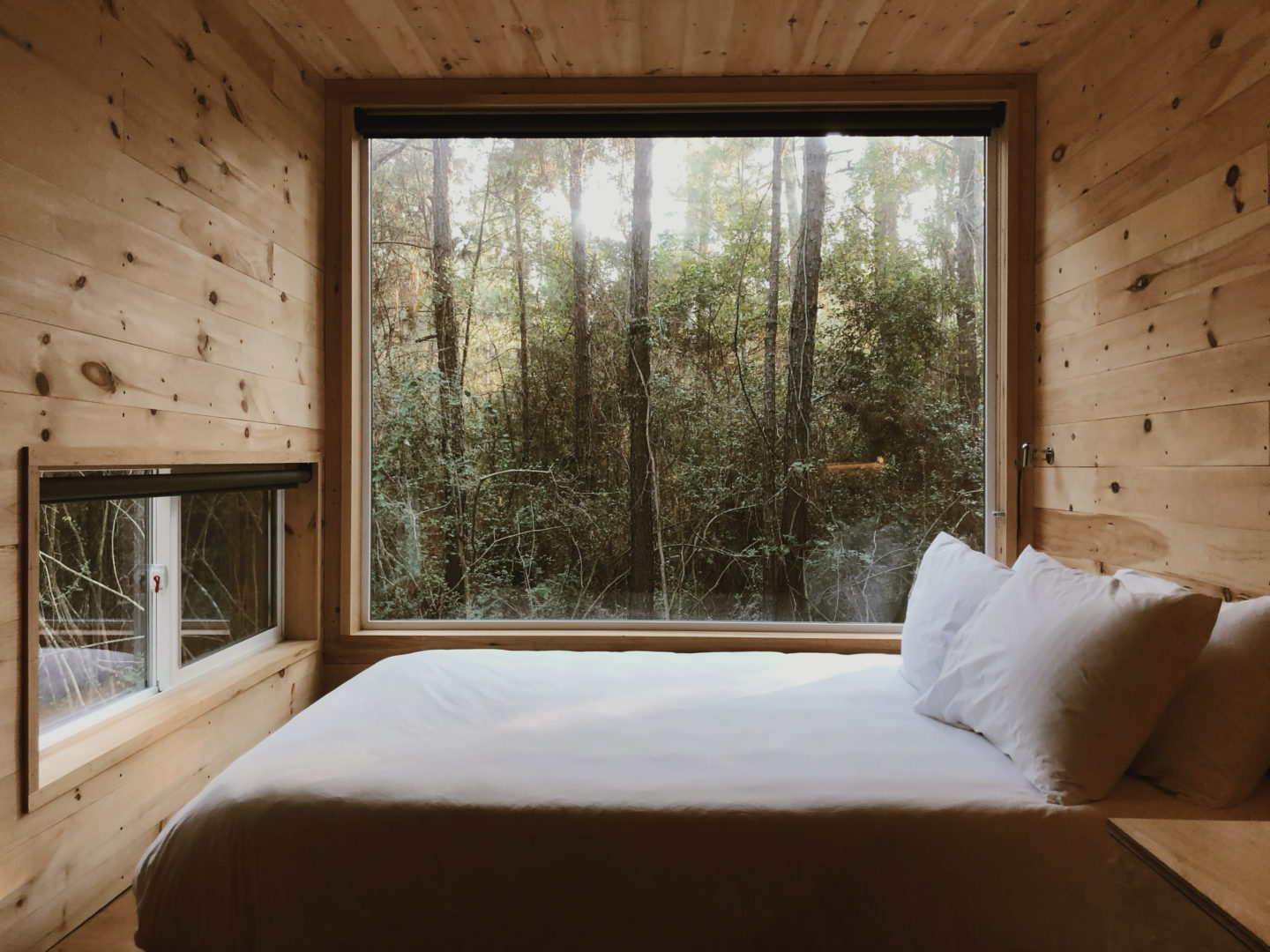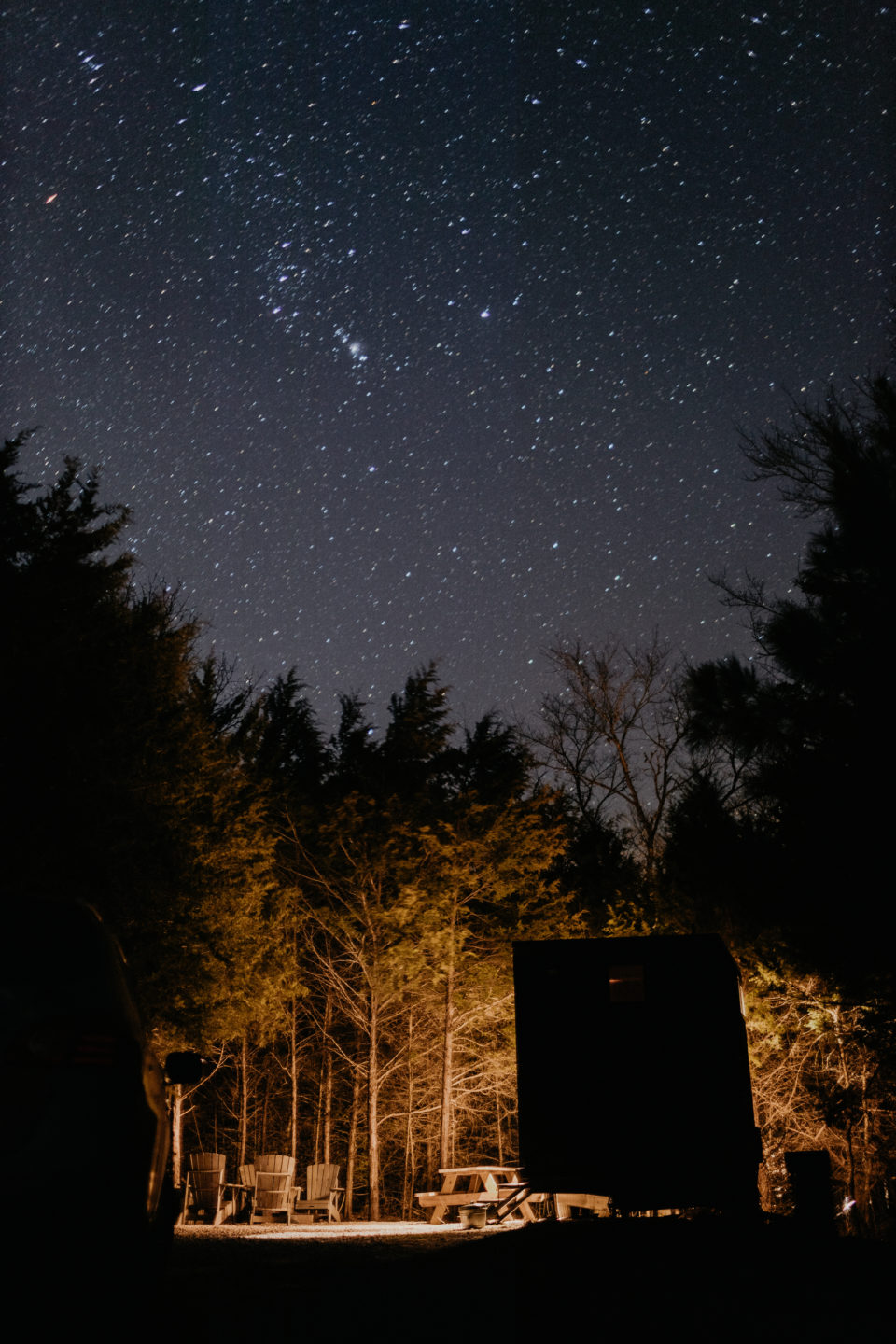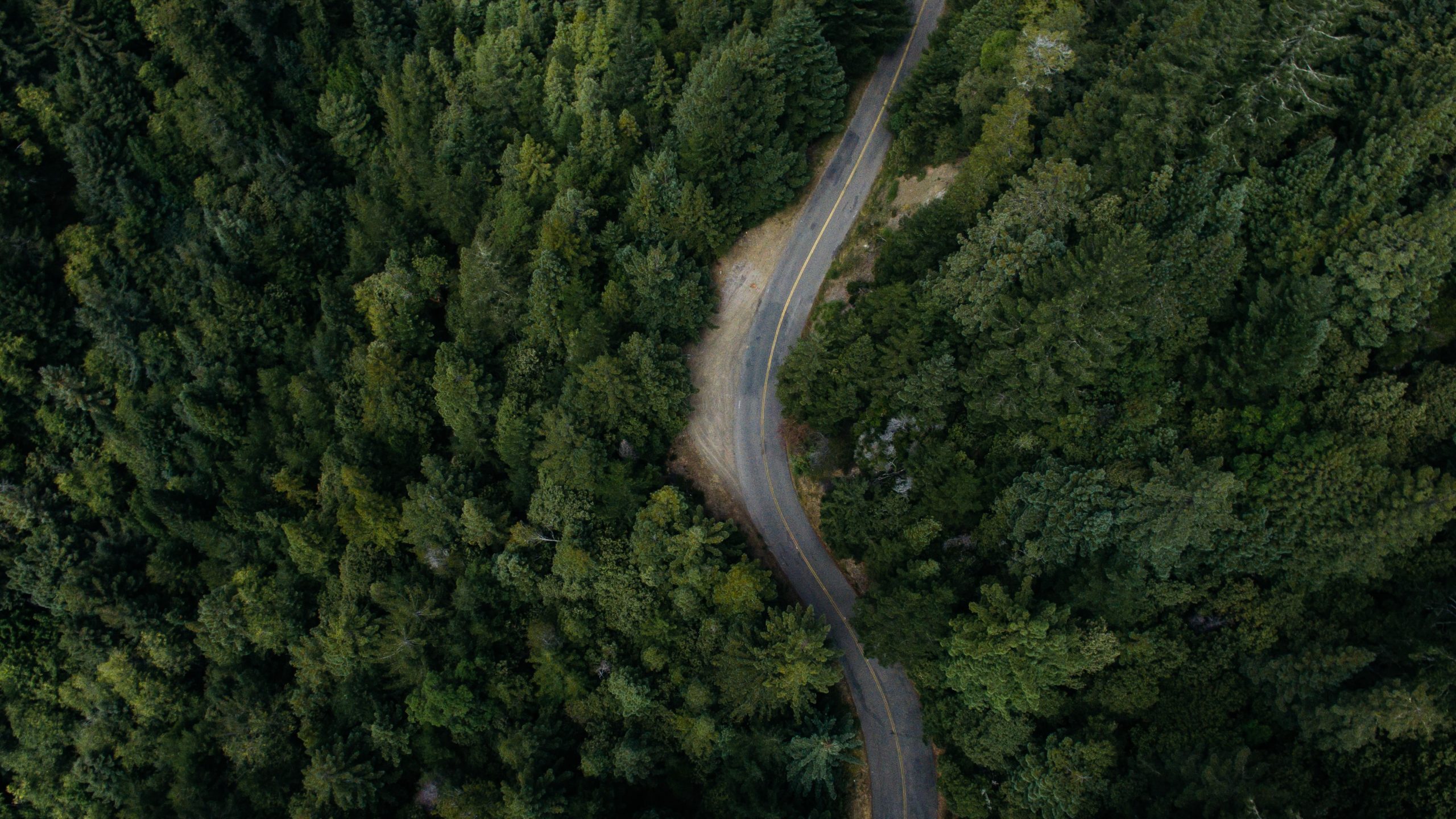I’ve always found civic engagement incredibly inspiring, and never more than over the course of the last year. In the early days of the pandemic, I witnessed the myriad ways Americans came together in the service of our country and each other, as folks got together to sew masks for frontline workers, and mutual aid groups organized to deliver groceries and medicine to vulnerable community members.
I felt that collective spirit even more powerfully this spring, when I showed up at a community center in the Bronx to get my shots of the vaccine. After a long and painful year of fear, isolation, and grief—a year in which so many of my fellow Americans and fellow humans around the world lost their lives, lost loved ones, lost livelihoods and time to Covid-19—it was an incredible relief to hold out my arm for the shot that would protect me from getting sick. Better still, once I had immunity, I knew the virus could no longer use me as a host to infect the people around me. It was a genuine thrill to do my small part to help my neighbors and my country.
Last week, I got a call from the White House asking if Getaway could help out in their effort to get 70% of Americans vaccinated by July 4. I’m trying to sound casual about this, but the truth is that never in my wildest dreams did I imagine the government of the United States reaching out to ask us for help saving American lives. Of course, I said yes, and that’s why I’m writing this: to implore you to get vaccinated if you haven’t already. If you already have, consider this a request to engage in conversations with those around you about the importance of vaccination, especially if you know any of the nearly 20 percent of Americans who’ve said they don’t want the vaccine.

Although new case numbers have dropped dramatically as millions of Americans have stepped up to get vaccinated, the number of vaccinations is also dropping. And as long as a significant percentage of people remain unvaccinated, the virus will continue infecting them and using their bodies as hosts to spread through communities across the country. Earlier this month, we surpassed 600,000 Covid deaths in the US—more victims than all of the Americans who died in World War II, Korea, and Vietnam combined. We might be over Covid, but Covid isn’t over us.
This is very personal to me. My closest friend has a rare autoimmune disease that makes him vulnerable to bad outcomes if he contracts Covid-19. Over the last year, he took every possible precaution, and he got vaccinated as soon as he could. Although all approved Covid vaccines are tremendously effective in protecting people with healthy immune systems, their efficacy isn’t as strong for immunocompromised people. Even after my friend completed his course of shots, his body wasn’t able to produce the antibodies he needs to protect him from Covid. This wouldn’t be a problem if everyone around him were vaccinated, since the virus can’t spread without hosts to spread through. But unless or until that happens, my friend remains at risk of contracting a potentially fatal—and now wholly preventable—infection.
I know some folks are worried about whether the Covid-19 vaccines are safe. Since I’m not a scholar of infectious diseases or vaccine science myself, I’m grateful for the many explanations about the safety and efficacy of the Covid-19 vaccines written by experts who’ve dedicated their professional lives to the study of immunology, and the researchers who drew on over 200 years of global research and technological advances to develop the vaccines we needed to fight Covid-19 in 2020.
I’m in awe of the ingenuity and persistence of scientists like Dr. Kati Kariko of the University of Pennsylvania, who began her groundbreaking research on mRNA—the key component of the Pfizer/BioNTech and Moderna vaccines—all the way back in 1989. I’m grateful for my former mentor Noubar Afeyan, who I met in 2013 when we worked together to start a short-lived social media company. At that time, Noubar was already deeply invested in another startup— a little company called Moderna.

Consider the resources, negotiations, and logistics it’s taken to develop, secure, and then distribute enough vaccine doses for everyone in our enormous, sprawling country, to make them available right now to residents of all fifty states, from urban centers to rural outposts to the houses of the homebound. (Compare this to Europe, where many people won’t be eligible for the vaccine until late summer at the earliest, and other countries around the world for which even late summer would be a welcome timeline). It’s an extraordinary gift, and all we have to do to save lives is receive it.
Thank you, be well, and let’s do what we can to keep our neighbors well, too—
Jon
